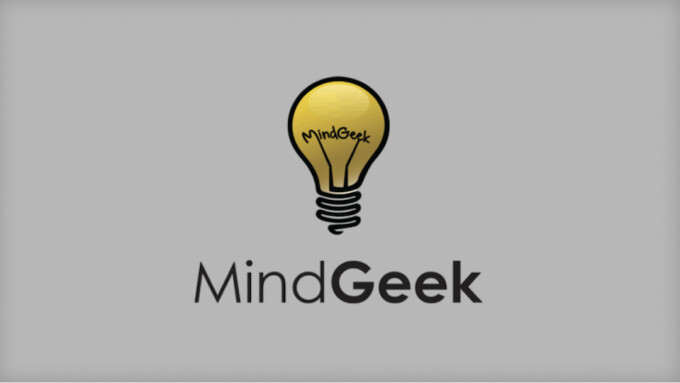OTTAWA, Ontario — Ethical Capital Partners, the Canadian private equity firm that acquired MindGeek last month, is currently undertaking consultations with stakeholders.
ECP and its advisory board are speaking to content creators, victim advocacy groups, law enforcement, civil society partners and others, the company announced today.
In the statement, ECP referred to MindGeek as “a technology and media company, owner of a large portfolio of adult entertainment properties.”
The statement explained that ECP will engage with content creators, victim advocacy groups, law enforcement, civil society partners, regulators, banking institutions and payment processors “to inform its efforts and strengthen MindGeek's secure platforms, going beyond legal and regulatory obligations.”
Topics for the consultations include the challenges faced by content creators, including stigma, social media censorship and financial discrimination, as well as the technical, legal and logistical obstacles encountered by law enforcement and prosecutors.
“Partnering with law enforcement in investigating and prosecuting online offenders is at the core of ECP’s fundamental commitment to child protection and intimate image security,” the company stressed.
One of ECP’s founding partners, Sarah Bain, said the company’s view is that “good corporate citizens do not operate in a vacuum.”
The cornerstone of ECP’s engagement strategy, Bain added, “is to actively engage with diverse interests to hear what they have to say about how our business operates. Engaging with stakeholders is not a one-time thing. We believe that on-going conversations are an important part of any decision-making process. Before proposing a plan, it is essential to consult with those who may be impacted.”
Bain's fellow founding partner Derek Ogden touted MindGeek’s existing Trust and Safety program as “sophisticated, multi-layered and combining leading-edge technology solutions with a team of moderators.”
Ogden noted that MindGeek’s Trust and Safety and engineering teams already “work collaboratively with law enforcement, advocacy groups and other stakeholders to prevent online abuse and to hold abusers to account,” and praised the company’s Trusted Flagger Program, which he said allows NGOs and statutory offices to disable, automatically, any content on MindGeek’s video-sharing platforms.
Another founding partner, Solomon Friedman, added that the consultation process is part of the company’s commitment to including the perspectives of its network of stakeholders.
“We know that each of our stakeholders face unique challenges,” said Friedman. “We are particularly interested in hearing from them as we shape the path forward for MindGeek and its platforms.”
Friedman — who spoke to XBIZ at length shortly after the acquisition was announced in March — described the ongoing process as “meaningful consultations on a wide range of issues, including legal and regulatory challenges, social media censorship and financial discrimination faced by many content creators.”






